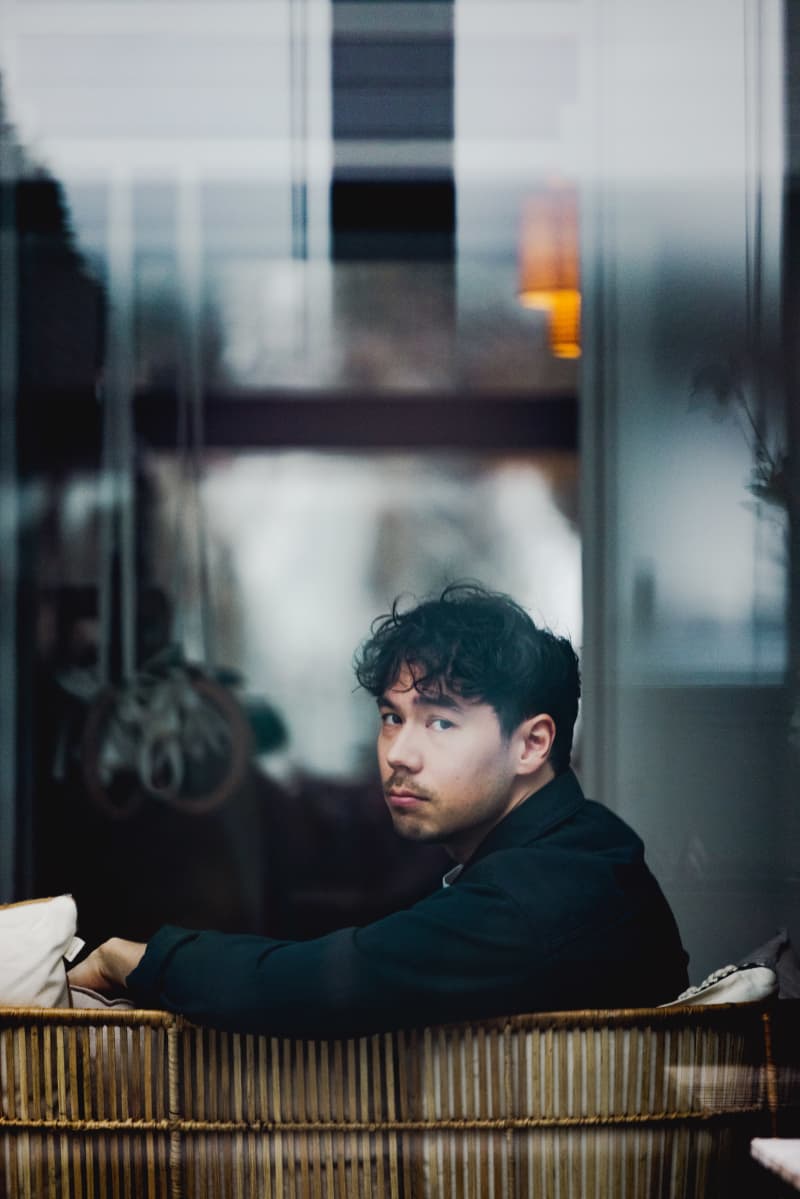Cultural guest Taito Kawata is a commercial filmmaker for whom commercialism has never been anathema to art making.
Some of you may remember his name from the documentary *The years have been windy* about the band JVG. The film, released in 2022, is his most visible directorial work to date.
In May, the author will be introduced to an international audience with the release of the series *Dance Brothers*, directed by Kawata. It will be the first Netflix series in Finnish and in Finnish. So it’s worth remembering the name at this stage.
Soon to turn 40, the Japanese-Finnish Kawata has a long career in advertising.
He ended up making commercials and music videos at a young age, because he had a strong desire to show off. He wanted to be better than others.
Taking the reins into your own hands
Taito Kawata’s Japanese father was a mountain climber when he was young. In the 1970s, he ended up in Finland on a trip to Europe and for a while worked at the bar of a restaurant in Espoo. There he met his future Finnish wife.
Their son Taito was born in 1983.
Kawata, who grew up in Espoo, played hockey in his youth. He was determined to become an NHL star. However, the dream was cut short at the age of 16 due to injuries, and Kawata did not get along well with his coach.
Training and game trips were replaced by music, moving images and graphic design.
Kawata applied and was accepted to study sound design at Metropolia University of Applied Sciences.
There, he wanted to specialize in making film sounds and found his own company. The teacher didn’t think it was a good idea, because the field was already full of companies.
In addition, Kawata experienced sounds and music as such a personal artistic process that receiving criticism was impossible. Through that, he realized which role suits him better.
– I decided that I would do the projects myself. That way I can be a director.
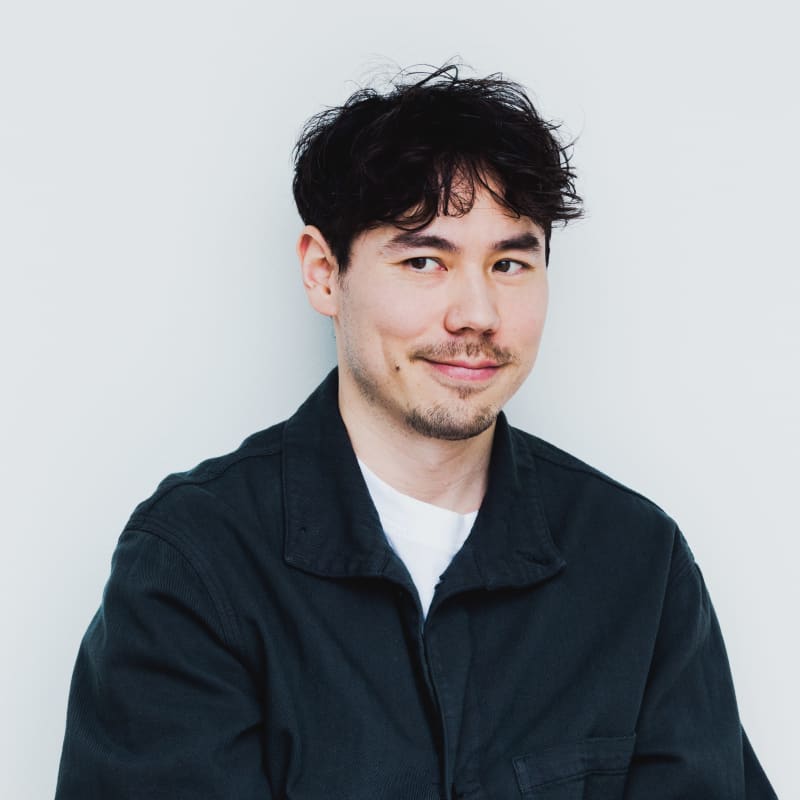
At the crossroads of commerce and art
Working with films was Taito Kawata’s dream, but he ended up in the advertising industry during his study break.
He got into a classmate’s father’s company to make commercials. In a couple of years, he learned to do everything himself, from filming to directing.
When he had accumulated enough knowledge and skills, he felt he was ready to start his own company with a group of friends. In 2007, the commercial film production company Cocoa started.
The time was right for my own company, because Mainosala was already at a turning point.
The prices of professional SLR cameras had come down, so even young creators were able to produce film-quality results.
At the same time, Facebook made its breakthrough, which made it possible to share videos to a large group in a completely new way.
And that’s what Kawata and the other youngsters did. That didn’t please the bigwigs of the advertising industry, who accused the new generation of driving down prices. It only made the young people do things even more enthusiastically.
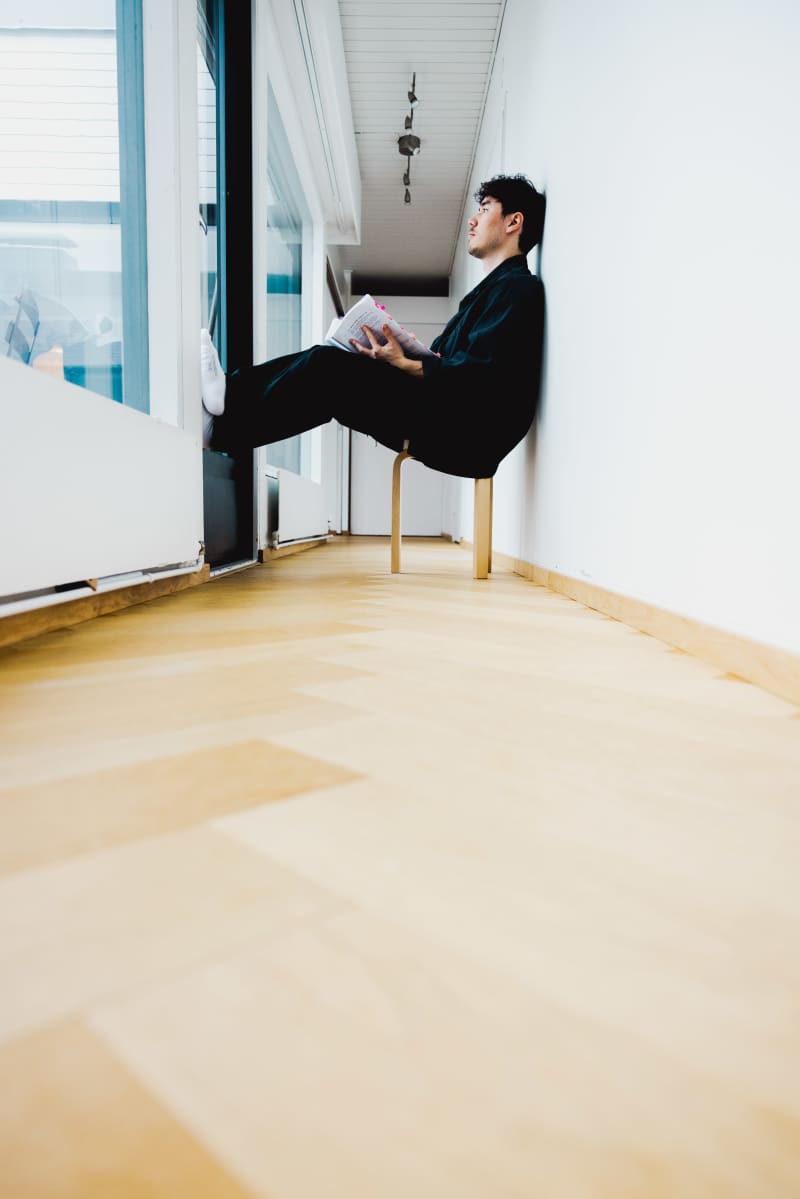
Kawata still runs the Cocoa production company, which employs the most famous directors in Finland. The company has well-known Finnish brands as customers.
Over the years, Kawata has learned to like the advertising business, even though it wasn’t his first choice at first.
He feels that he is making important content that will reach large masses of people.
However, sometimes Kawata has to make compromises as an artist. My vision may not always be suitable for the customer.
Still, he doesn’t feel bad that he thinks about things commercially.
In Kawata’s opinion, it works if the artist knows how to balance between his own vision and commercialism.
– In the best case, a larger audience learns about aesthetics through advertisements, and that, in turn, shapes visual culture.
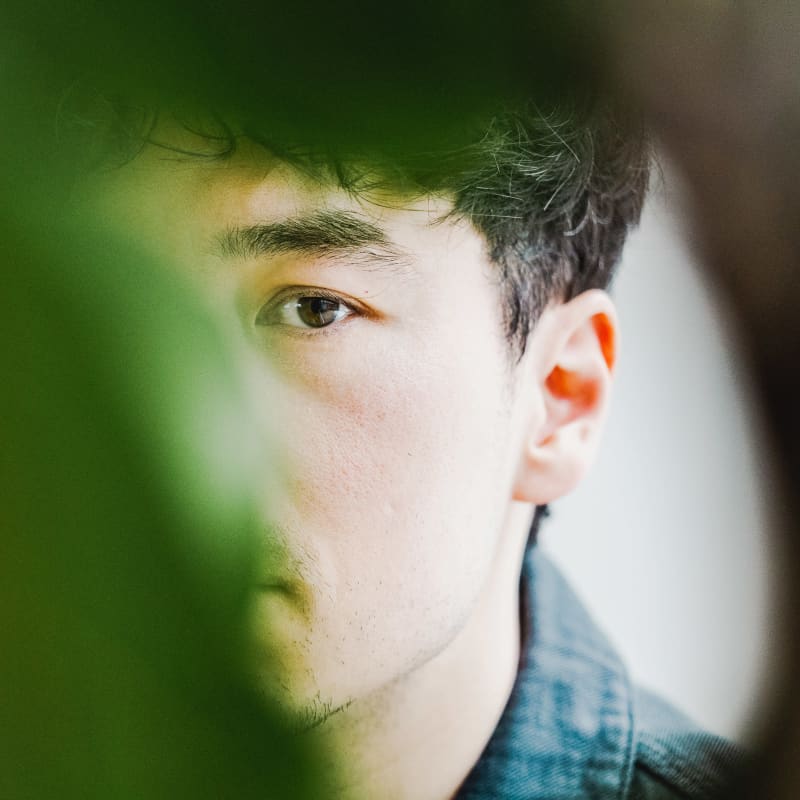
A competitive spirit and a need to show off
The first Finnish Netflix series *Dance Brothers* closely follows director Taito Kawata’s own life.
They are driven forward by their passion for dance and the need to show off their own skills. In addition to your brother, you have to prove your superiority to the rest of the dance community.
Kawata himself has not danced, but he has been shooting videos of street dancing since he was young.
He has had the same fire to show success as the twentysomethings in the series.
When the director started his career, he had, according to his own words, \”a sick need to show off\”.
– I didn’t feel that others in the field were much better than me. I thought I should be able to do better.
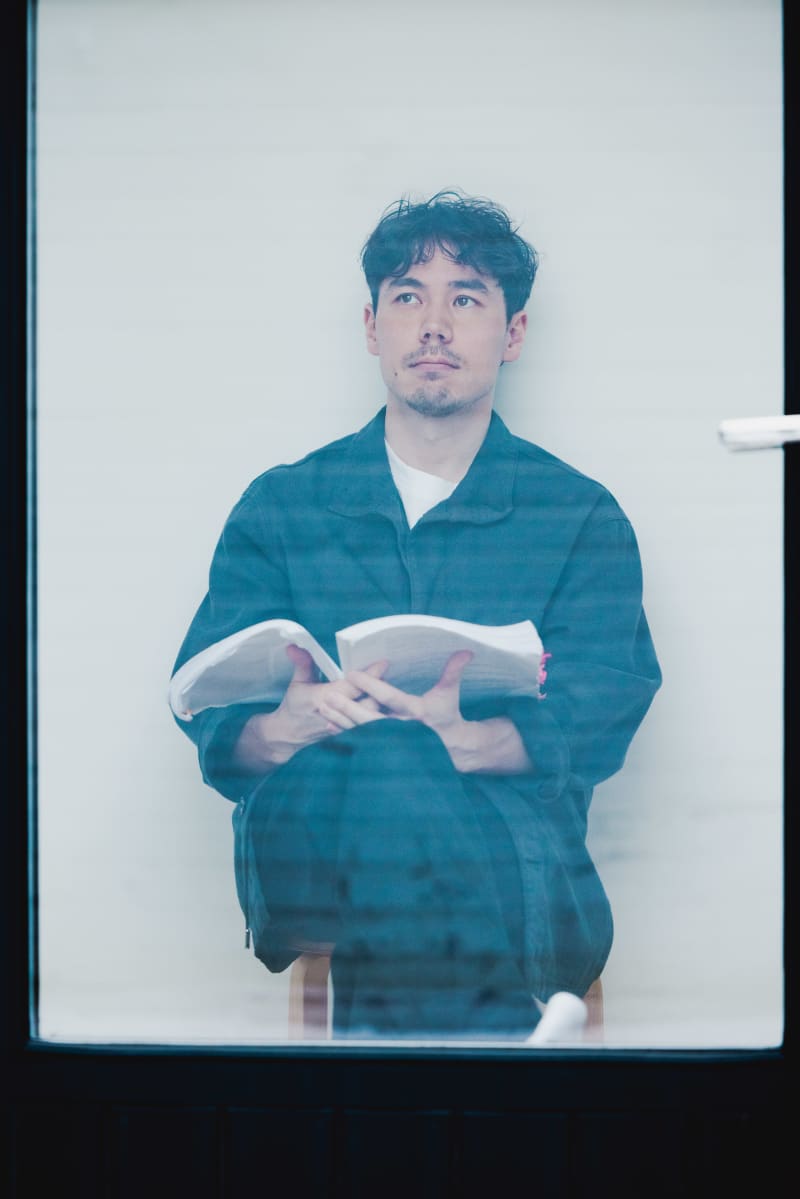
He says he inherited entrepreneurship from his father, who owned a toy store in Helsinki in the late 1970s, where he sold Japanese toys.
Kawata’s father was the first to bring Nintendo handheld consoles to Finland. Taito Kawata spent a large part of his childhood with games like *Donkey Kong*.
Kawata says now that the games instilled a competitive spirit in him, just as hockey did later. The same can still be found in him.
– When you score a goal in hockey, that feeling is mind-blowing. All the work done previously boils down to that success.
He has the same feeling about the film. When Kawata first combined image and sound, he felt like I had scored a goal.
One thing that has affected his character has been racism. At the age of 13, Kawata was bullied so badly for his Asian appearance that he still has titanium on his cheekbones.
– It probably partly raised a black timid and shy person. In a way, that feeling of being an outsider and being different has also made me show up and, as it were, forced me to be better in order to cope.
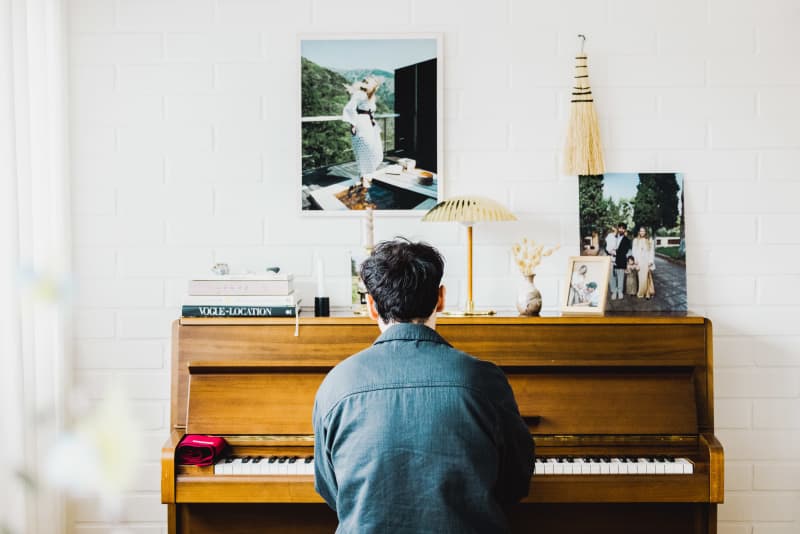
Kawata believes that the desire to show off is related to a certain age and growth process. Especially in your 20s and 30s, there is a need to convince others of your own skills.
According to Kawata, the success requirements of young people have become tougher in the last couple of decades.
This has been especially influenced by social media, where you have to constantly present your superiority. There you get immediate feedback on what you are doing.
– Some is a bad start. It generates more need to show.
Taito Kawata’s own need to show off has subsided with age. Life always brings other, more important things to think about.
The most arousing experience for Kawata was the birth of her first child four years ago. The second happened a year ago, when he was diagnosed with a congenital heart defect, which required surgery.
– I’ve just been grateful that I’m alive and I get to do things. I don’t need to be the best anymore. At least not now. But when Dance Brothers comes out, the situation is new again.
*What kind of thoughts did the story evoke? You can participate in the discussion until April 17 at 11 p.m.*
*The Dance Brothers series will be available to watch on Netflix on May 10. The series will be shown at the end of the year on Yle channels, and you can watch its trailer* *here**.*

